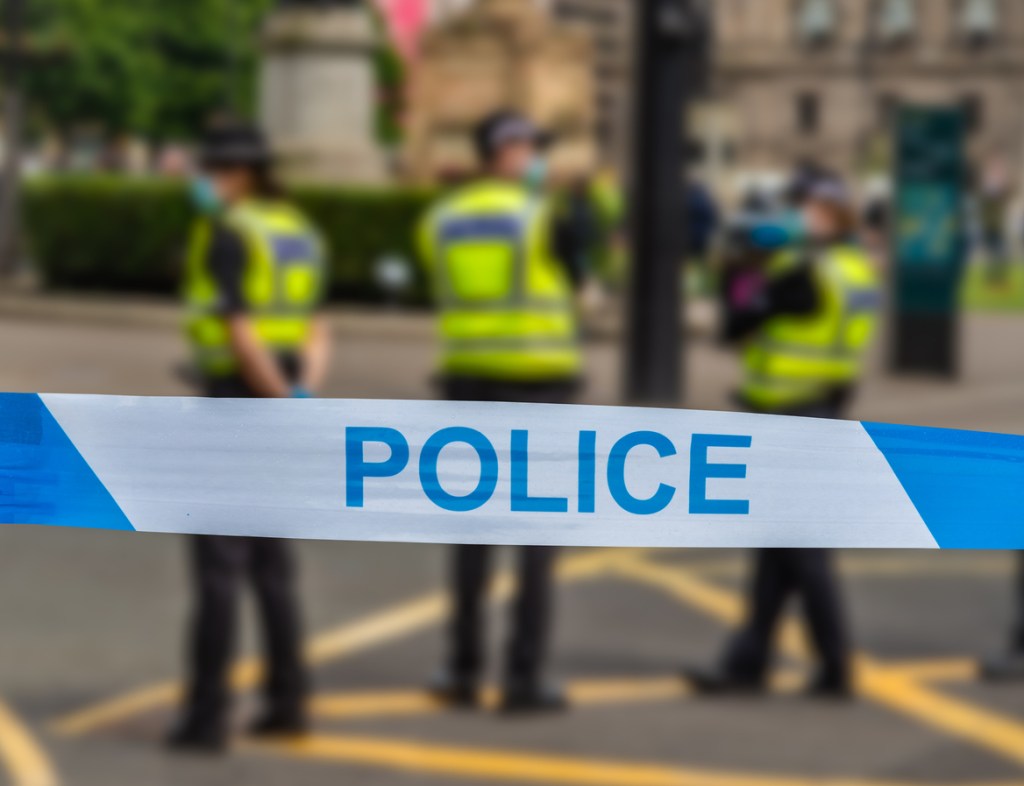Lord David Neuberger of Abbotsbury, the British lawyer who sits on Hong Kong’s highest court, needs to take a long hard look in the mirror. The territory’s court of final appeal has upheld verdicts and prison sentences against some of Hong Kong’s leading pro-democracy activists for taking part in a peaceful protest in 2019. The court ruling has been decried as ‘unjust’ by Chris Patten, the last British governor of Hong Kong before the territory was returned to Chinese rule in 1997.
The court unanimously agreed to uphold the convictions of seven activists who participated in the the unauthorised 2019 protests, during which 1.7 million people took to the streets in opposition to Beijing’s growing control of the territory. Those appealing against the verdicts included Jimmy Lai, a British citizen and founder of the now shuttered Apple Daily newspaper who supported the anti-Beijing protests. Alongside other charges, he was additionally sentenced to 14 months in prison for this.
Neuberger, Philips and Hoffman are neither serving justice nor the rule of law
Also seeking justice was Martin Lee Chu-ming, the former head of the Hong Kong Democratic party and one of the most internationally prominent politicians in Hong Kong. The other five defendants included Albert Ho and Lee Cheuk-yan, both former legislative councillors. They had been accused of taking part in the pro-democracy rally in defiance of a police ban. Their lawyers argued that under common law principles inherited from Hong Kong’s colonial past, convictions should be ‘proportionate’ in matters concerning free speech where violence was not involved. They argued that this was enshrined in the city’s bill of rights. The court disagreed unanimously, saying it would be unconstitutional to use the principle to acquit the defendants. Neuberger, a former president of the UK supreme court, described the attempt to use the principle of proportionality as ‘misconceived’.
The verdict and Neuberger’s role in it has come under attack from human rights activists, including the London-based committee for freedom in Hong Kong foundation campaign group (no prizes for guessing why it is based in London rather than Beijing-controlled Hong Kong). Mark Sabah, its director, did not mince his words: ‘In a word, it’s disgraceful that Lord Neuberger is even part of this. His credibility is shot.’
Sabah has a point. Neuberger has continued to reject growing pressure to resign from his position in Hong Kong. Other foreign judges have stepped down since the growing crackdown on pro-democracy activists and the introduction of national security laws punishing those who criticise the authorities or the ruling Communist party.
In June, Lord Sumption, another former supreme court judge, resigned, saying that Hong Kong was becoming a ‘totalitarian state’. ‘The rule of law is profoundly compromised in any area about which the government feels strongly,’ he wrote in the Financial Times. His judicial colleague Lord Collins also quit at the same time ‘because of the political situation in Hong Kong’. So too did Beverley McLachlin, a former chief justice of Canada’s supreme court.
Yet Neuberger continues to think he has a role to play, explaining it this way: ‘My feeling is that so long as I can do good by being there and so long as I think that I might cause harm by leaving, I want to stay and support my judicial colleagues in Hong Kong and support the rule of law as long as I can.’ This comes across as both self-serving and somewhat deluded. What good is he doing by continuing to lend his name to a court that rejects the appeals of those jailed for exercising their basic democratic rights to peaceful protest?
Neuberger and the two other remaining British judges who sit on Hong Kong’s court of final appeal – Lords Phillips and Hoffman – must think again. They are neither serving justice nor the rule of law but simply giving legal cover, however unintentionally, to a regime that is waging war against its own people.








Comments